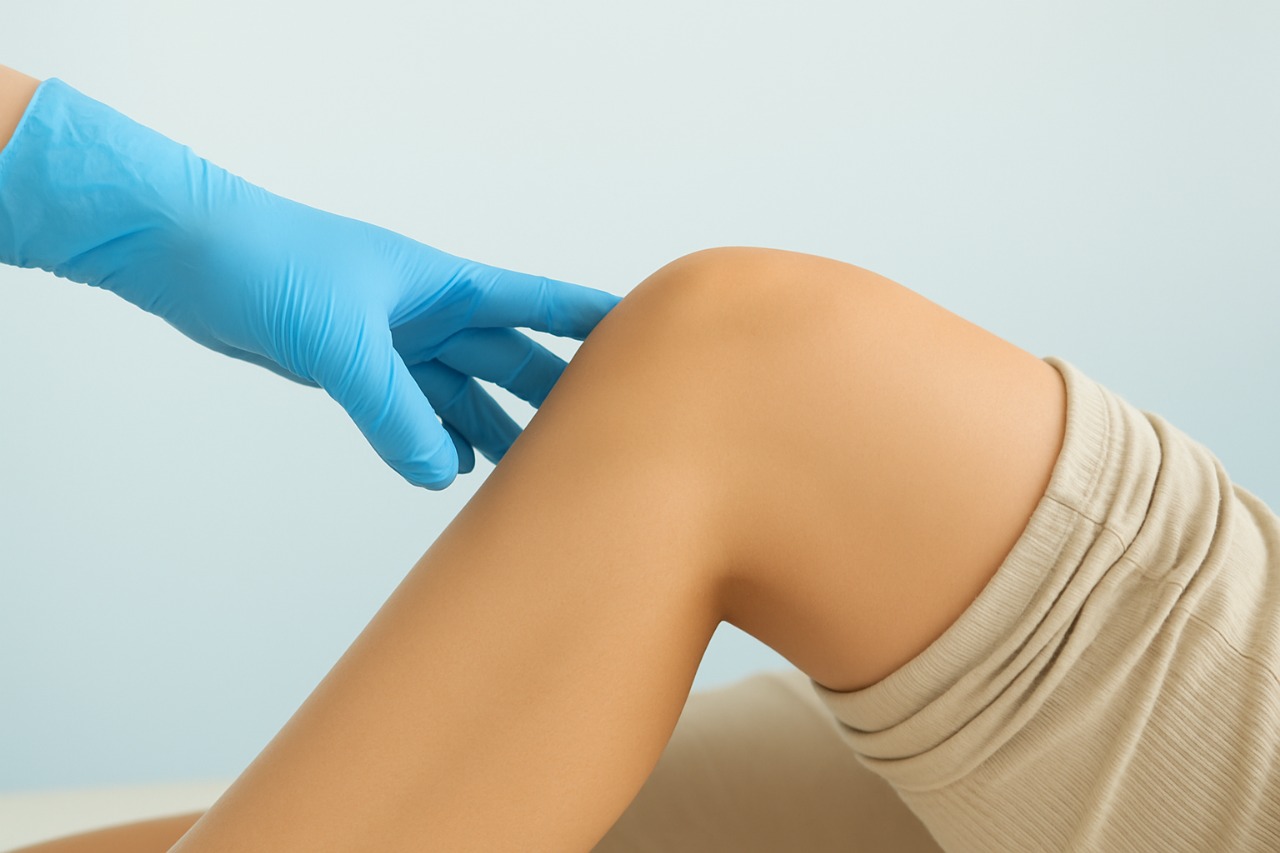- Introduction
- The Silent Crisis Behind Diabetic Wounds that just don’t heal completely
- The human body possesses regenerative medicine as a built-in repair mechanism.
- The Regencare facilities have the ability to treat what most consider the difficult to heal diabetic foot condition.
- When to Seek Help: Don’t Ignore These Signs
- Prevention & Aftercare: Foot protection serves as life protection
Introduction
A simple foot cut becomes a non-healing deep wound that requires constant medical attention to prevent complications that may lead to amputations. This nightmare caused due to diabetes becomes a reality for millions of people who experience infections and amputations that destroy their lives. Would you like your body to perform a natural self-reconstruction? Regencare uses regenerative medicine to transform diabetic foot ulcer treatments by providing patients with new hope beyond standard medical options. Let’s explore how.
The Silent Crisis Behind Diabetic Wounds that just don’t heal completely
Your blood sugar level represents only one part of diabetes because the condition actually steals your healing potential from your body. The reasons why ulcers persist include:
- Nerve Damage: You might not feel a blister until it’s a gaping wound.
- Poor Blood Flow: Healing cells cannot reach the injury due to poor blood flow.
- Infection Risk: Bacteria thrive in high-sugar environments.
Staggering Truth: 1 in 4 diabetics develop foot ulcers. Non-healing wounds result in 85% of all amputation cases.
The human body possesses regenerative medicine as a built-in repair mechanism.
Regenerative medicine operates similarly to a construction crew which works on repairing tissues. At Regencare, we use:
Platelet-Rich Plasma (PRP): Concentrated growth factors to spark healing.
Stem Cell Therapy (BMAC/SVF) enables the restoration of skin tissue along with blood vessel formation and nerve regeneration.
– Advanced Dressings: Lab-engineered scaffolds to protect and regenerate.
Real Impact: The 63-year-old patient Mr Rajesh Thottahil (name changed to ensure patient privacy) avoided amputation by a meagre chance. He was able to avoid amputation after receiving PRP therapy. The diabetic foot ulcer which had simply refused in heal in 8 months, healed in just 7 weeks after he underwent regenerative medicine treatment for diabetic foot ulcers.
The Regencare facilities have the ability to treat what most consider the difficult to heal diabetic foot condition.
- Targeted Treatment: Medical professionals administer PRP or stem cells through direct injections into the specific wound area.
- Boost Blood Flow: Growth factors bring back dying tissues from death.
- Fight Infection: Collagen dressings act as both protective barriers against bacterial entry and healing accelerators.
Bonus: 70% faster healing vs. traditional methods.
When to Seek Help: Don’t Ignore These Signs
When your ulcer fails to close for longer than 3+ weeks seek medical assistance immediately.
- Skin turns black or smells foul.
- Constant pain, even at rest.
Act Fast: Postponing medical care increases the likelihood of amputation by 55%.
Prevention & Aftercare: Foot protection serves as life protection
- Daily Checks: Use a mirror to inspect soles.
- Blood Sugar Control: Keep HbA1c <7%.
- Footwear: Always wear cushioned shoes—no barefoot walks!
People should use moisturizer on their feet daily but avoid applying it between their toes to stop crack development.


